by the Daughters of St. Paul
How do I practice balance in my online life?
Is my internet use put at the service of the common good? If so, how? If not, what do I need to change?
Do I respect other people and their opinions?
Does my online activity move toward helping myself and other grow in virtue?
Does my online presence reflect my authentic self, or do I try to hide behind a false persona?
What are some of my current online behaviors that I need to re-evaluate? Do I engage in pornography?
Are there other challenges I face in my online life? How might I practically address them?
Might I benefit from talking about my online challenges with someone: a trusted friend, family member, or confessor?
Lord, forgive me for my failings and sins in my use of digital technology. I recognize the need to change my online behaviors to grow in my relationship with you and to live a life of virtue involving balance and reason. I desire to be more attentive to your presence while online. Help me to be kind, respectful, and loving of everyone I engage with virtually, remembering that they are human beings with feelings and emotions. Lord, I resolve to be your digital disciple who witnesses to your grace at work in my life through the media with which I engage.
Amen.
Image by Alexander Fox | PlaNet Fox from Pixabay


